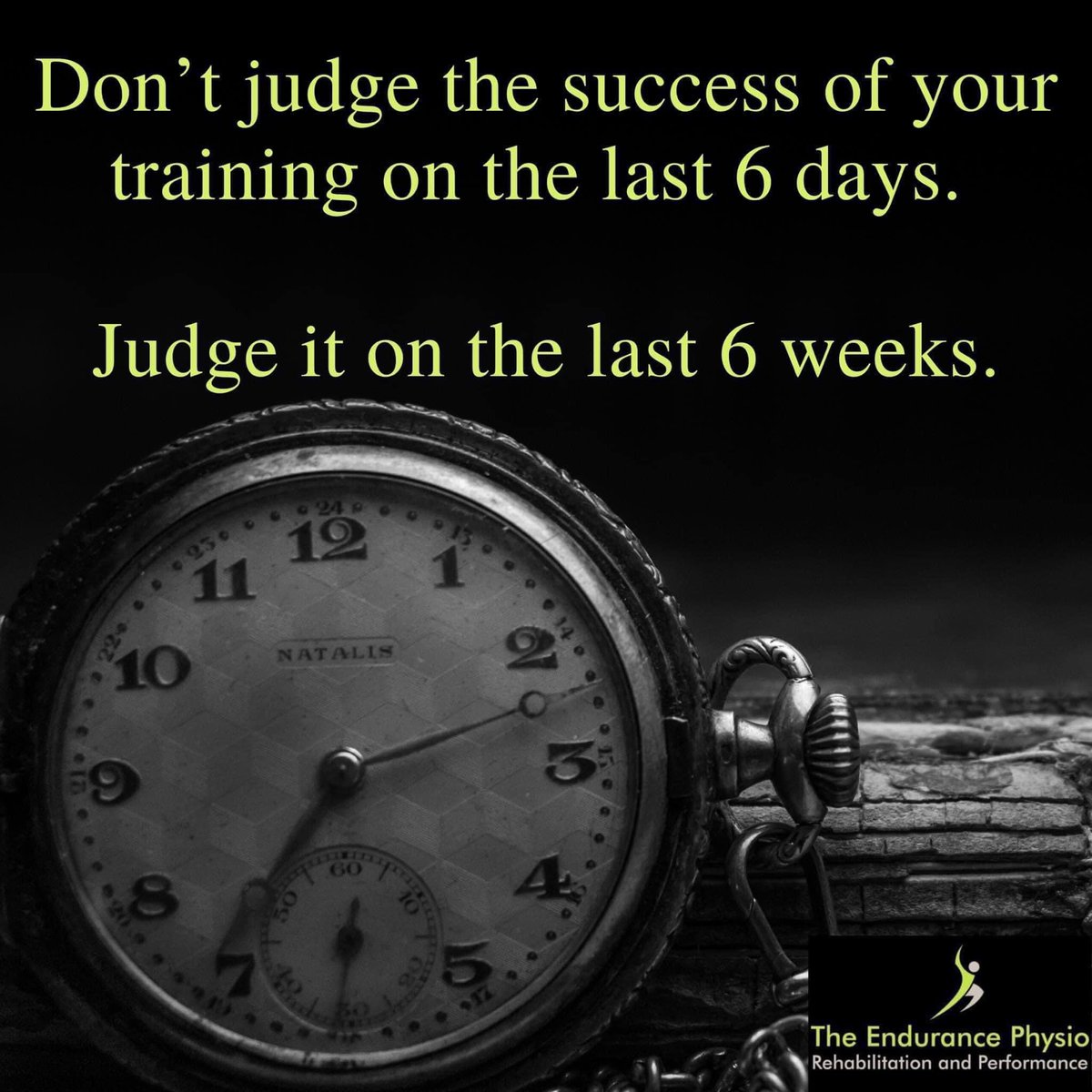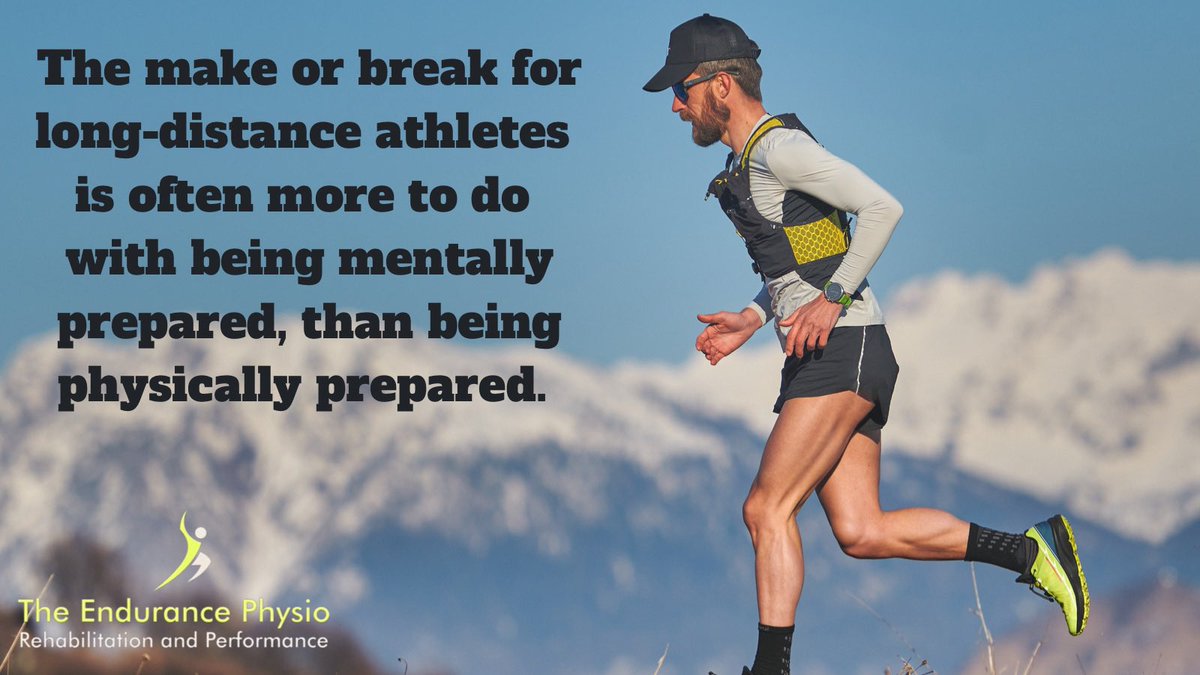
A golden oldie for this weeks repost:
It’s difficult trusting the process and accepting that success is earned over prolonged periods of consistency.
When we have bad sessions or bad weeks, we can often let it affect us.
1/
It’s difficult trusting the process and accepting that success is earned over prolonged periods of consistency.
When we have bad sessions or bad weeks, we can often let it affect us.
1/

We double down on training, play catch up with missed sessions, add extra onto sessions which weren’t planned for, and this can lead to performance being affected even more or worst case, injury.
2/
2/
When injured, a bad day or weeks rehab can make the wheels fall off and we sabotage ourselves even more.
If you’ve had a bad week or a bad day, or progress simply hasnt been as fast as you wished it was, reflect on the last month, last 6 weeks and look for the
3/
If you’ve had a bad week or a bad day, or progress simply hasnt been as fast as you wished it was, reflect on the last month, last 6 weeks and look for the
3/
good themes and patterns that have emerged, consistency really is key.
One good or bad day or week doesn’t make or break you.
4/4
#consistency #rehab #longgame #patience #injury #endurance #physio
One good or bad day or week doesn’t make or break you.
4/4
#consistency #rehab #longgame #patience #injury #endurance #physio
• • •
Missing some Tweet in this thread? You can try to
force a refresh








